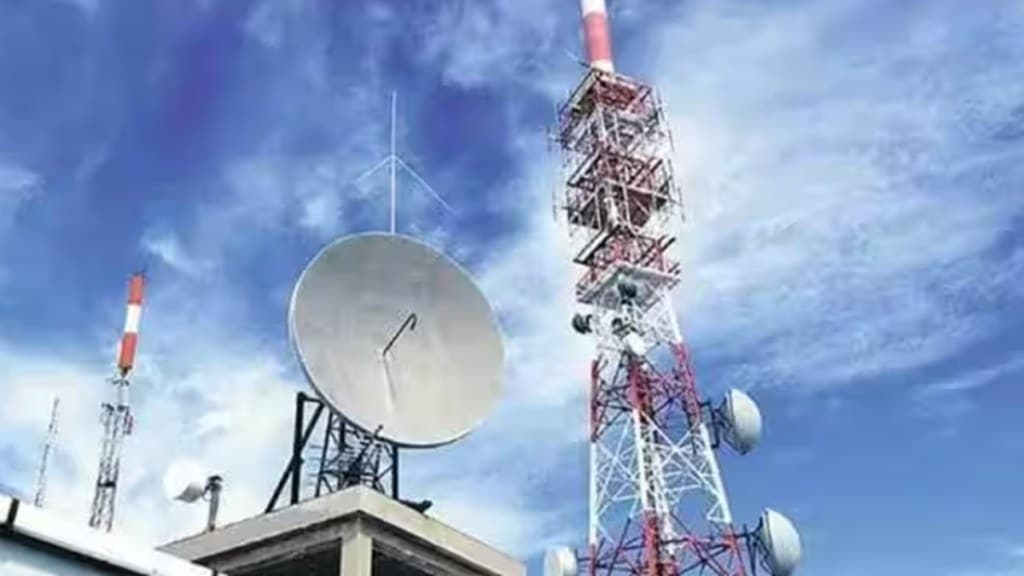In the face of objections from the ministries of finance, corporate affairs, and commerce and industry, the department of telecommunications (DoT) has decided to drop provisions relating to insolvency of telecom operators and defaults in payment of licence fee, from the draft Telecom Bill.
The ministries had said DoT cannot make laws on subjects which do not fall solely in its domain and have revenue implications for the government.
A provision in the draft Bill had said that in the event of insolvency proceedings against a telecom service provider, the company needs to pay dues owed to the government, or else spectrum assigned to it will be taken back.
Though this has been DoT’s stated position, due to which the insolvency resolution of Aircel and Reliance Communications has been stuck in litigation since 2018, putting it in the form of a statute drew objections from the ministries of finance, corporate affairs and commerce and industry, sources said.
In the Aircel and Reliance Communications insolvency cases, DoT has raised objections to the transfer of spectrum to the successful resolution applicant until spectrum dues are cleared. Spectrum dues totalling Rs 37,588 crore (Aircel: Rs 12,389 crore and Rcomm: Rs 25,199) are owed to the government. The DoT’s contention is that once the company defaults on spectrum payment, as per licence agreement, the government has the right to take it back from the defaulting company.
Spectrum is not the property of the defaulting company, but is a leased asset. However, spectrum is also key to the functioning of a telecom services firm and if it is taken away, no resolution process can go ahead.
The second issue on which objections were raised, after which DoT decided to drop the provision from the Bill, relates to providing relief measures to the telcos. In September 2021, DoT had offered a moratorium to telecom firms, whereby they deferred payment of their adjusted gross revenue dues for four years. On similar lines, DoT had added a provision that in future too, if service providers were under financial stress, it would have the power to offer them a relief package in terms of making deferred payments, waiving off penalties and interest charge.
The objection raised here from the ministry of finance was that such measures have revenue implications for the government. Hence, such matters should be examined on a case-by-case basis and any relief offered should be based on inter-ministerial consultations and Cabinet approval rather than a blanket legal provision.
This is not the first time the DoT has amended the Telecom Bill. Last September, when the Bill was first put out for public consultation, the information and broadcasting (I&B) ministry had objected to the inclusion of broadcasting and over-the-top services as part of telecommunication services, on the ground that it amounted to encroachment on its domain and that too without prior consultations. The DoT later clarified that it would only consider regulation of communication apps. Here, too, the ministry of electronics and information technology (Meity) has recently raised objections that such apps fall under its domain.
The Telecom Regulatory Authority of India (Trai) had last year in October expressed its disappointment over some provisions which it saw as curtailment of its powers, saying they would virtually make it a rubber stamp of the government. The Bill had proposed that the government would also have the power with regard to tariffs and could overrule any move taken by the regulator. For instance, any tariff order issued by the Trai would have to be suitably amended if the government took a stance which was diametrically opposite to that of the regulator. However, later the DoT dropped the clauses in question.

